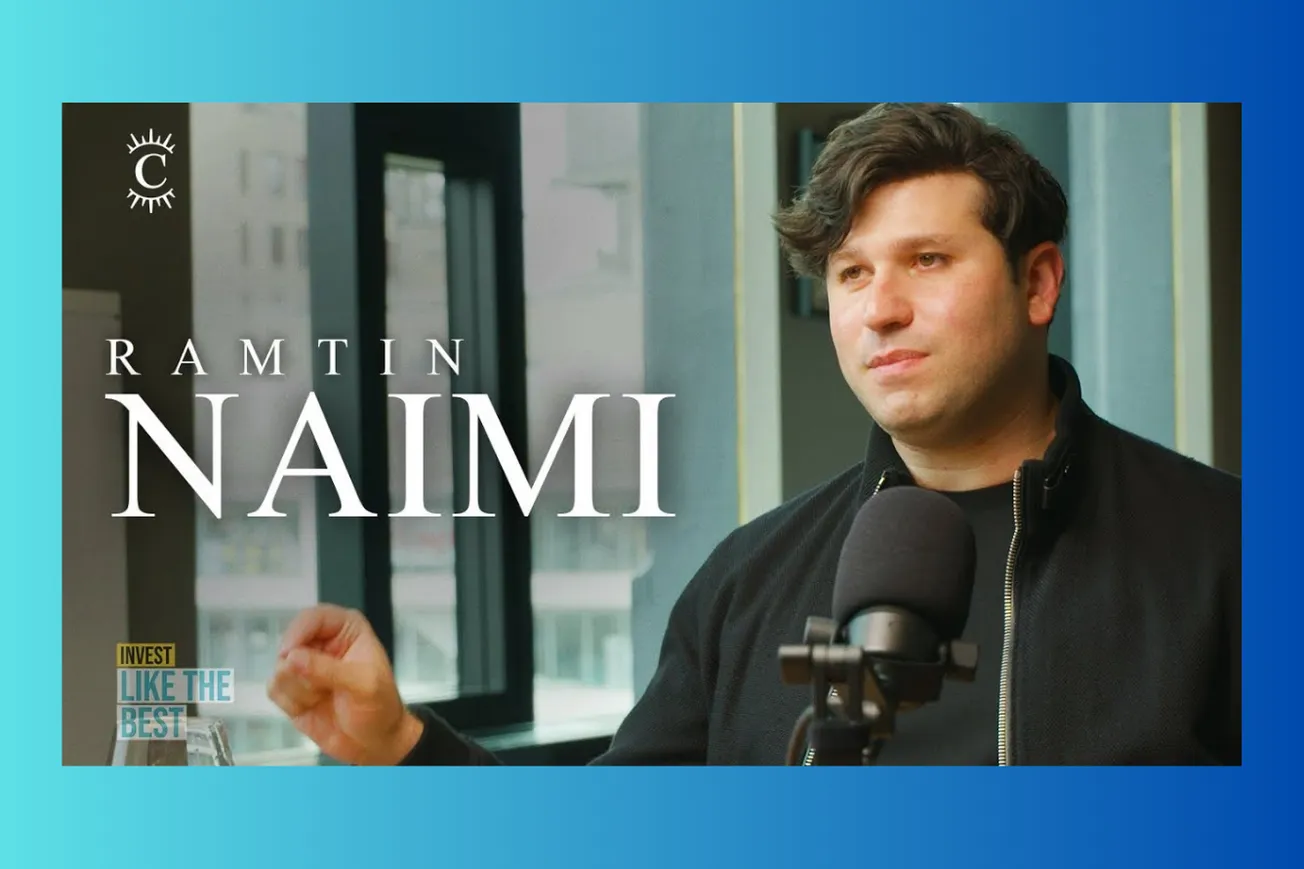Table of Contents
From near-bankruptcy to the most coveted investor in tech—this VC’s story is a masterclass in resilience, conviction, and unorthodox vision.
Key Takeaways
- Betting on Stripe, Figma, Airtable, and Notion early, he’s now revered as one of Silicon Valley’s most successful VCs.
- Slept in his car, got rejected by every firm, and faced near financial ruin before his breakthrough.
- Believes in backing founders with deep conviction and insight—"someone who sees something no one else sees."
- Built a unique VC fund model, refusing to play by traditional Sand Hill Road rules.
- Champions craft and excellence over scale and speed in startups.
- Lives a minimalist life by design, driving the same car, eating the same food, and staying obsessively focused.
- His bets are not just financial—they're deeply emotional. He often bonds with founders over shared values and vulnerability.
- Rejects industry FOMO and hype cycles, choosing instead to wait quietly for the extraordinary.
The Broke Years: Rejection, Isolation, and Purpose
- After graduating from Stanford, he wanted to become a venture capitalist but had no money, no connections, and no job.
- Slept on couches, crashed with friends, and eventually in his car while networking with every investor he could find.
- Faced rejection after rejection. No VC firm would hire him. Most didn’t even respond.
- He kept going, convinced that he saw opportunities others missed. Obsessed with founders who were underestimated but brilliant.
- Spent his limited funds flying to meet early-stage founders and angel investors—often leaving with nothing but a gut feeling that he was close.
Finding the Edge: The First Big Bets
- Discovered Stripe when the Collison brothers were barely known. Recognized their ambition and focus before most VCs would take a meeting.
- Backed Figma when competitors were better known and the market seemed crowded. He saw clarity in the founder’s vision.
- Invested in Notion and Airtable, long before they were household names. All shared one trait: founders who were building with intention and care.
- These early wins weren’t obvious. They were contrarian calls—often mocked or ignored by the industry.
- His strategy was rooted in being patient, deep-thinking, and unwilling to chase the crowd.
Building His Own VC Fund: A New Playbook
- Tired of rejection, he started his own fund with a tiny amount of capital. Operated lean, frugal, and obsessively focused.
- Turned his one-man shop into one of the most respected names in venture by trusting his instincts and playing long games.
- Doesn’t care about ownership percentages, board seats, or headlines. Cares about the mission and the founder’s clarity.
- Believes most VCs overcomplicate. "My edge is that I don’t need to win today—I just need to be right eventually."
- Built a portfolio filled with unicorns by saying no to 99% of deals and yes to only the extraordinary.
A Philosophy of Focus, Minimalism, and Empathy
- His life is spartan. Same car. Same routine. Eats the same meals daily to eliminate decision fatigue.
- Reads obsessively. Journals. Does long walks without a phone to think clearly.
- Doesn’t chase Twitter trends or play status games. He values clarity, solitude, and inner alignment.
- Forms deep emotional bonds with founders. Many say they turn to him as much for advice as for investment.
- Trust is his currency. Founders open up to him about fear, burnout, and purpose. He listens more than he talks.
Rejecting the VC Hype Machine
- He believes venture capital has become distracted by speed, scale, and FOMO.
- Hates demo days and pitch theater. Wants to see the messy drafts, the real problems, and the raw conviction.
- Doesn’t believe in warm intros or polished decks. Wants substance and honesty, even if it’s rough.
- Waits months—sometimes years—before investing. Watches quietly, learning the founder’s rhythm.
- His highest-conviction deals happen after prolonged trust-building, not quick deals.
The Spiritual Dimension: Investing With Soul
- Talks openly about suffering, spirituality, and meaning. Believes a founder’s internal landscape is just as important as their product.
- Says the best companies come from a place of personal obsession and internal alignment.
- Describes investing as a spiritual act—an alignment of values, visions, and trust.
- He doesn’t just back companies. He backs people who are trying to reshape the world from the inside out.
Legacy: Not Just Riches, but Reverence
- Despite his success, he remains private, grounded, and indifferent to fame.
- Founders and peers alike say he operates from a place of unusual authenticity and emotional intelligence.
- Built one of the best-performing funds in Silicon Valley without ever chasing headlines.
- Shows that the future of venture may belong not to the loudest voice—but to the most patient soul.
He didn’t just beat the odds—he rewrote the rules. His story proves that in Silicon Valley, conviction still matters more than capital.





